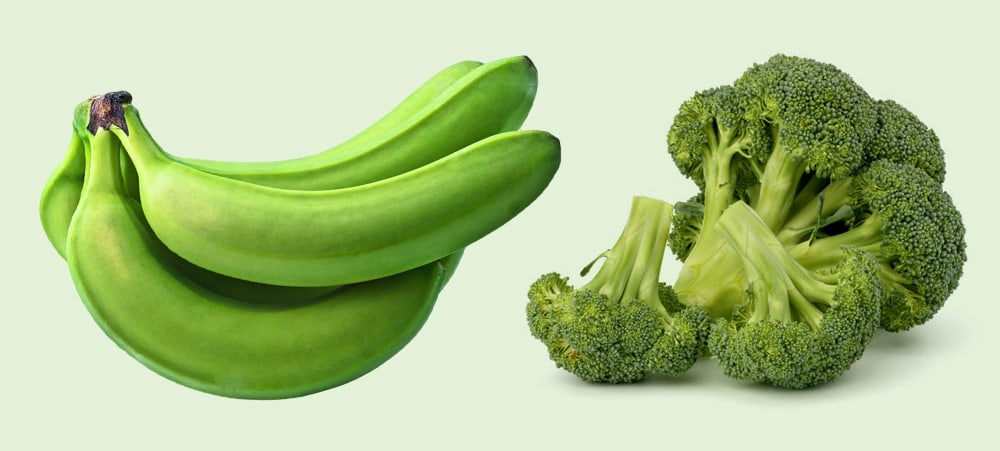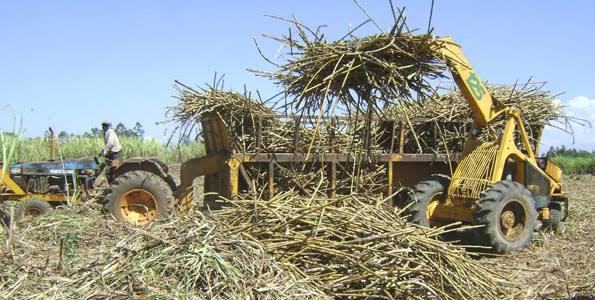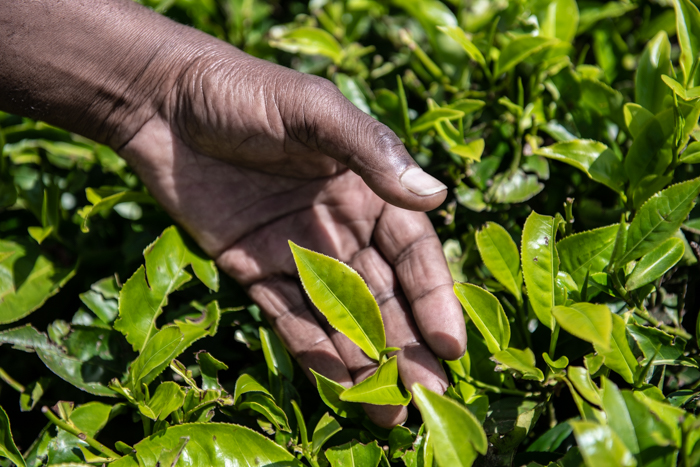
By George Munene
According to The Kenya Plant Health Inspectorate Service (KEPHIS), despite reaching a bilateral agreement that eases access to the South Korean market for the Kenya’s green bananas and broccoli, farmers have only exported less than a combined one tonne of the agriproduce to the East Asian nation.
This owes to a lack of awareness amongst Kenyan farmers and exporters on the procedure to ship these agricultural commodities.
“Exporters looking to tap into this underserved export corridor will first need to be registered with the Horticulture Crops Directorate as an exporter for horticultural products, said Diana Aluoch, a Research Assistant at KEPHIS.”
HCD issues an export license which is presented to KEPHIS. The prospective exporter will then need to present company registration documents, i.e., company director names and a copy of their identity cards, certificate of incorporation, KRA pin and a cover letter with details on who they are and details of the farm’s location and acreage.
A signed outgrower contract is also required for consolidators to ascertain that they can meet promised export quantities. “Farmers should also know that KEPHIS does not issue out phytosanitary certificates to individual farmers but rather exporters and consolidators,” outlined Diana.
A one-off commitment fee of Sh15,000 is charged as a deposit for certification cost with a certificate issued for every export tranche and depending on quantity.
“For export of any other agricultural commodities outside of unripe bananas and broccoli stems, local exporters will need to consult with South Korean ministry of agriculture officials on the export requirements and procedures, as well carrying out thorough checks on the required import permit passes, Aluoch explained.”
For more information download REQUIREMENTS FOR EXPORT OF UNRIPE BANANAS AND BROCCOLI TO KOREA or reach KEPHIS on Mobile: 0709 891 000
Phone: 020 661 8000
Email 1: This email address is being protected from spambots. You need JavaScript enabled to view it.
Email 2: This email address is being protected from spambots. You need JavaScript enabled to view it.
Farmbiz will be hosting an online training course guided Kentrade on training in the exporting process and exactly what registrations you need: how to find out what’s required and how to get help with each requirement on Thursday 17th February, 10-12pm. You can register here: Exporting for farmers training
Write comment (0 Comments)
















